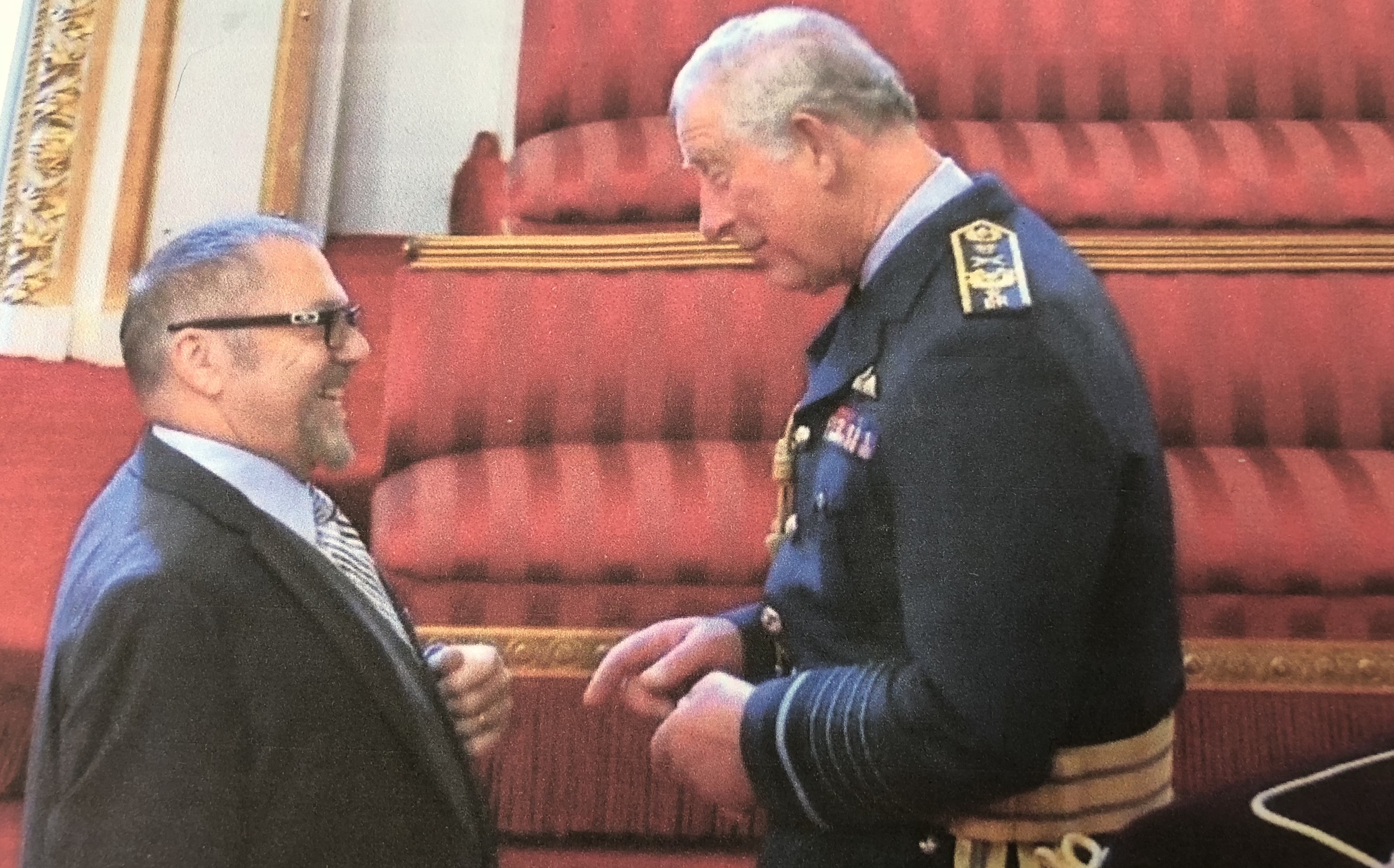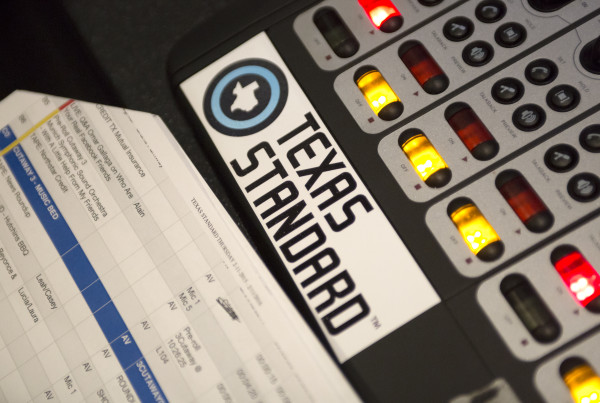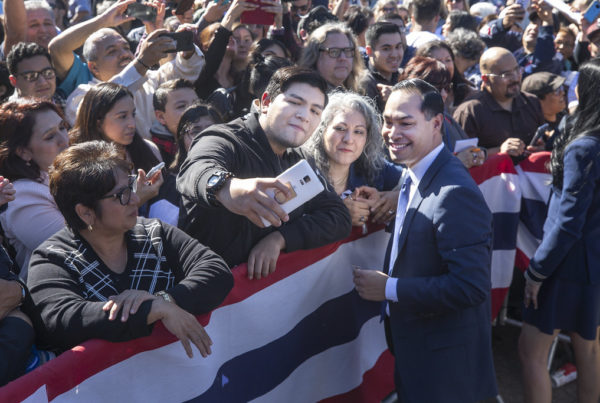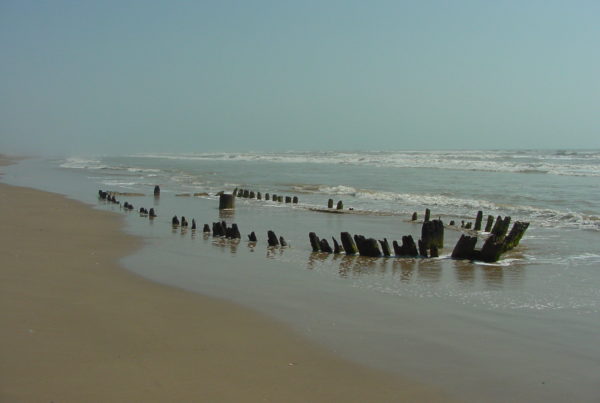In the forward to Ian Hancock‘s 2010 book, “Danger! Educated Gypsy,” his editor described Hancock as an “unusual man.” Now, the professor emeritus in English and linguistics at the University of Texas at Austin has accepted an award that further sets him apart from the average scholar: in December, Queen Elizabeth II of Britain made him an Officer of the Most Excellent Order of the British Empire.
Hancock says he started his academic career studying Creole languages, but he shifted toward teaching Romani studies once he became tenured at UT.
“Romani is the proper word for a population known, incorrectly, as Gypsies,” Hancock says.
Hancock, who is Romani, says his students misunderstood what “Gypsy” meant at first.
“Several of the students who showed up [to his first Romani studies class] were barefooted and had beads and earrings and the works, long dresses,” Hancock says. “When they found out that it was a much more serious course than that, I lost a number of students.”
Part of that misunderstanding, he says, came from the many negative stereotypes about Romani people. They’re often thought to exist on the fringes of society, and are associated with fortune-telling and baby-stealing, Hancock says. Even some of his colleagues initially resisted his efforts to study Romani people as an official, distinct culture.
“If we as a population cannot be taken seriously, then the problems that we face can’t be taken seriously,” Hancock says.
During his more than 30 years at UT, Hancock established and maintained an archive of documents and other materials related to Romani culture. Now that he’s retired, he says the collection may go to a Romani organization because no one else at UT is devoted to Romani studies.
“Now that I’ve retired, there are no Romani studies offered by the university, and really no practical reason to keep the collection here,” Hancock says.
There are over 1 million Roma in the U.S. and more than 12 million worldwide – something he says most people don’t realize.
Hancock’s work at UT may have been underappreciated during his tenure, based on a university press release. But when Hancock became an Officer of the Order of the British Empire, he says he felt hesitant to accept the honor, but was also appreciative.
“It was wonderful. Prince Charles pinned my medal on my suit,” Hancock says. “I did have some hesitation because first of all, the British Empire is an anachronism – there isn’t one. And it means colonialism … but, I thought, why not?”
Written by Caroline Covington.















